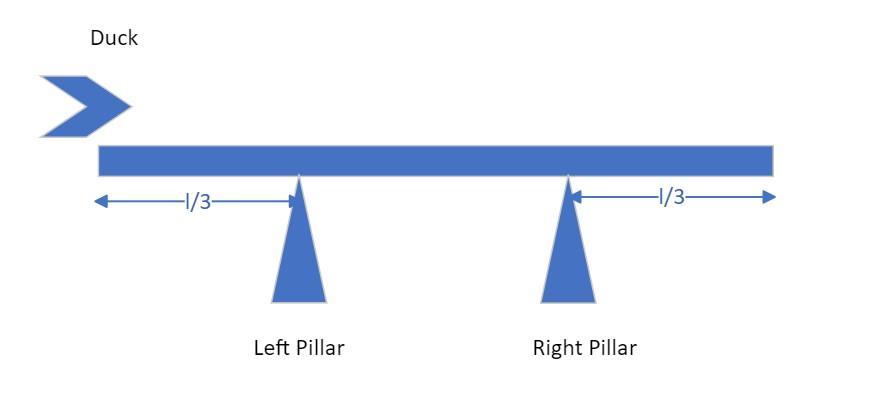Brianna is feeling overwhelmed by the amount of digital information she receives each day. She is having a hard time determining what information is factual and reliable. Brianna may benefit from developing her skills in the information literacy area of: Group of answer choices Attention Critical consumption Collaboration Network awareness
Answers 2
Information literacy defines the ability to indentify, gather and make good use of available information in to solve problems and increase productivity. The problem of knowing the kind of information to digest is improved through the knowledge of critical consumption.
The size and amount of available information is so enormous, however, a sizeable amount of these information are not reliable and usually misleading.
With good critical consumption skill, an individual will be able to discern between reliable and unreliable information and by identifying sources and patterns in the gathered information.
Therefore, Brianna needs to develop her critical consumption skill.
-
Author:
amigakzby
-
Rate an answer:
0
AI generated Answer
-
Rate an answer:
0
Do you know an answer? Add it here!
Unable to find an answer to your question?
Don't worry! There are several alternative approaches you can try to resolve your query. Here are some tips to help you find answers in different ways:
- Reframe your question: Sometimes, the way you phrase your question can limit your search results. Try rephrasing it using different keywords or providing more context to get better results.
- Utilize social media: Post your question on social media platforms, particularly those focused on professional or specialized topics. Twitter, LinkedIn, and Facebook groups can connect you with individuals who may have relevant expertise or experiences to share.
- Consult subject matter experts: Reach out to experts in the field related to your question. Many professionals are willing to help and share their knowledge. You can connect with them through email, LinkedIn messages, or by attending relevant conferences or events.
- Use our website to find your question through the search box above, or you can sign up to ask your question for our big educational community. Our experts will review your question, and you will get a quick and quality answer.
- Collaborate with others: If your question is related to a specific project or problem, consider collaborating with others who might have complementary skills or knowledge. Teamwork can lead to innovative solutions and shared insights.
Remember, the process of finding answers often involves persistence, creativity, and an open mind. By exploring various resources, reaching out to others, and being proactive in your search, you increase your chances of finding the information you need. Happy quest for knowledge!

